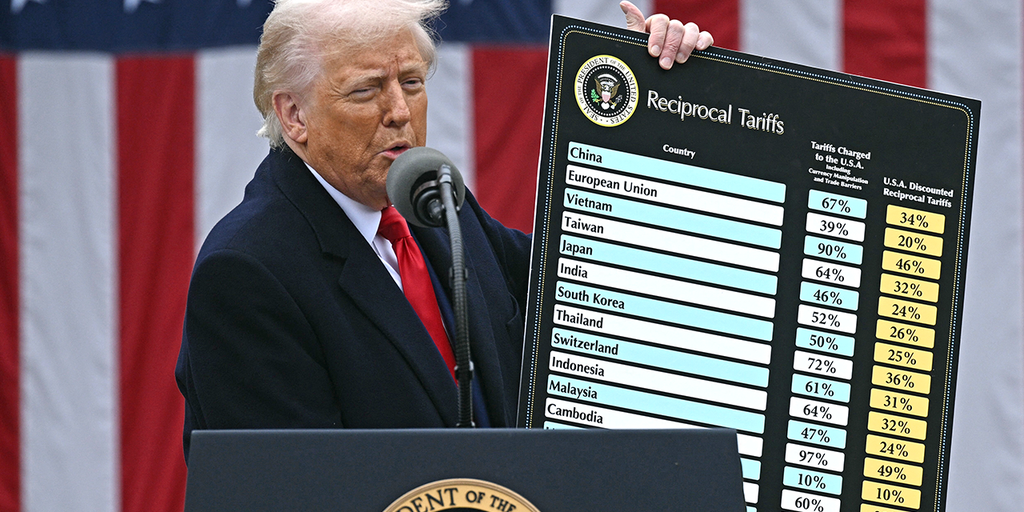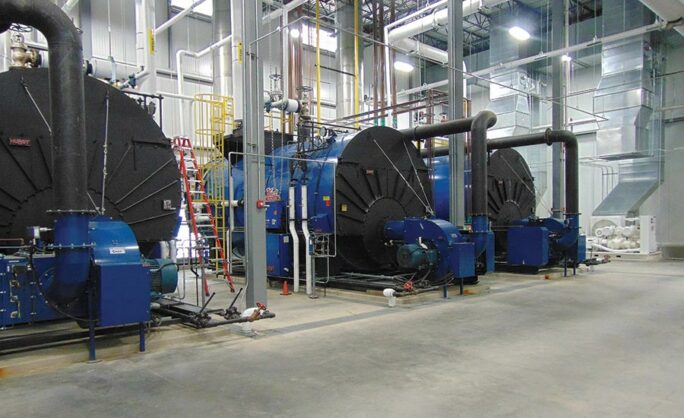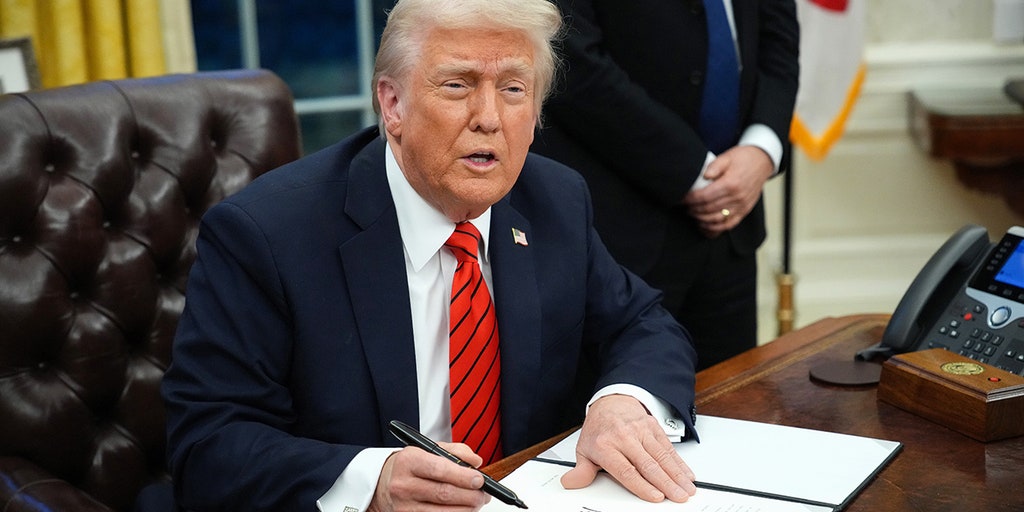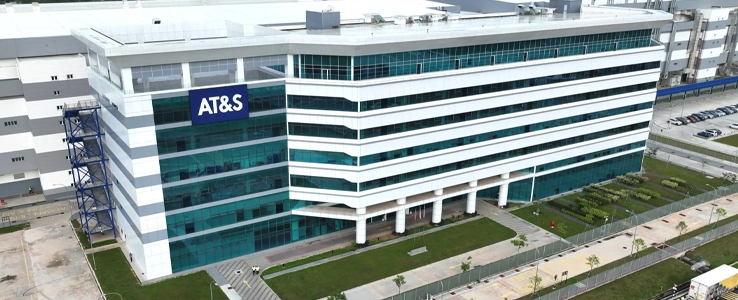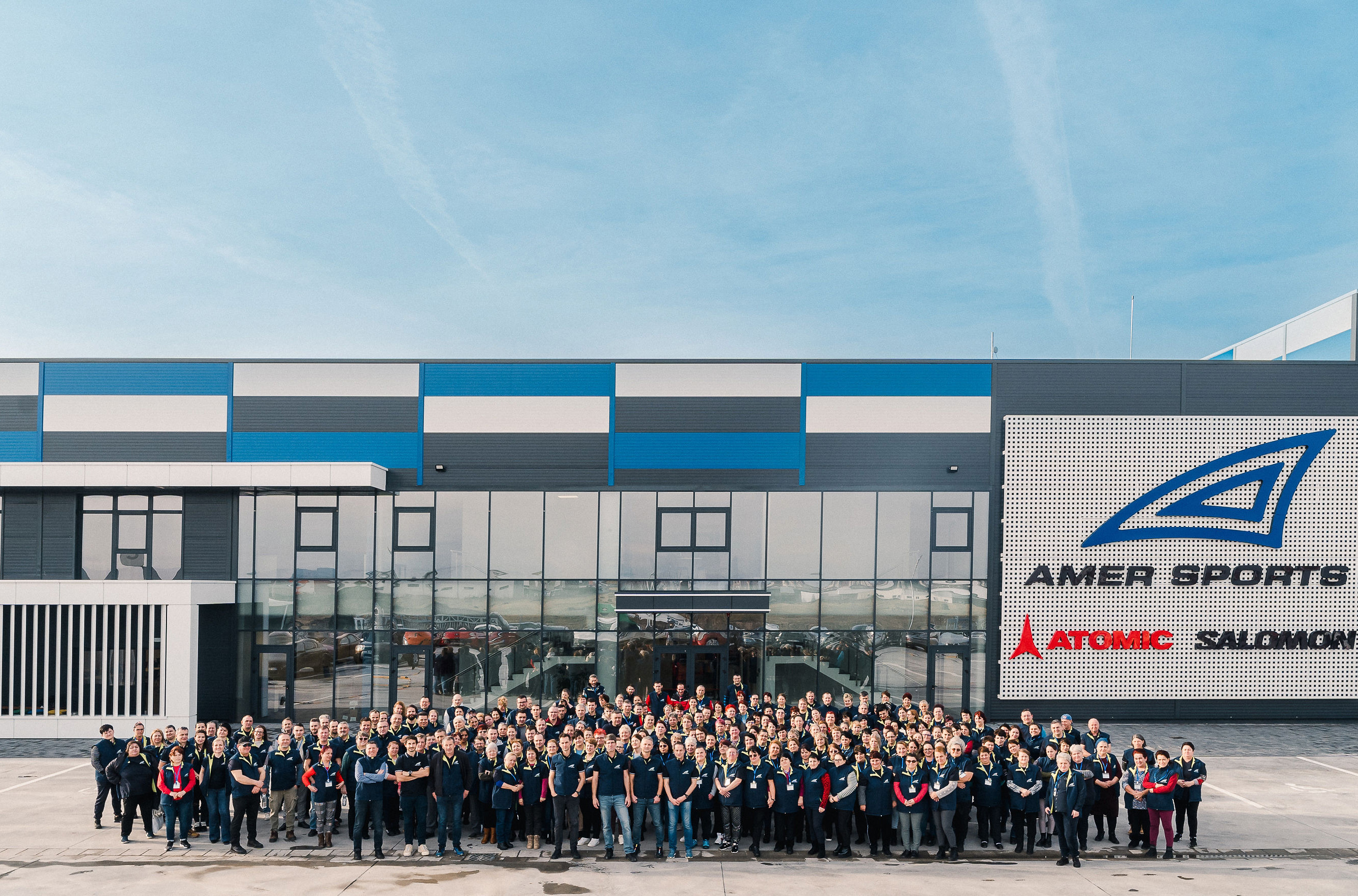
Rivian's $120M Boost: Illinois Plant Gears Up for SUV Production Surge
In a strategic move to optimize costs and accelerate production, Rivian has made the decision to temporarily halt construction of its Georgia manufacturing facility. Instead, the electric vehicle manufacturer will now focus on producing its highly anticipated R2 SUVs at its existing Illinois plant. This pivot demonstrates Rivian's commitment to financial prudence and efficient manufacturing while maintaining momentum in the competitive electric vehicle market. By consolidating production efforts and leveraging its current infrastructure, Rivian aims to streamline operations and reduce unnecessary expenditures. The shift in strategy allows the company to conserve cash resources while continuing to bring innovative electric vehicles to market, showcasing its adaptability in a rapidly evolving automotive landscape.


